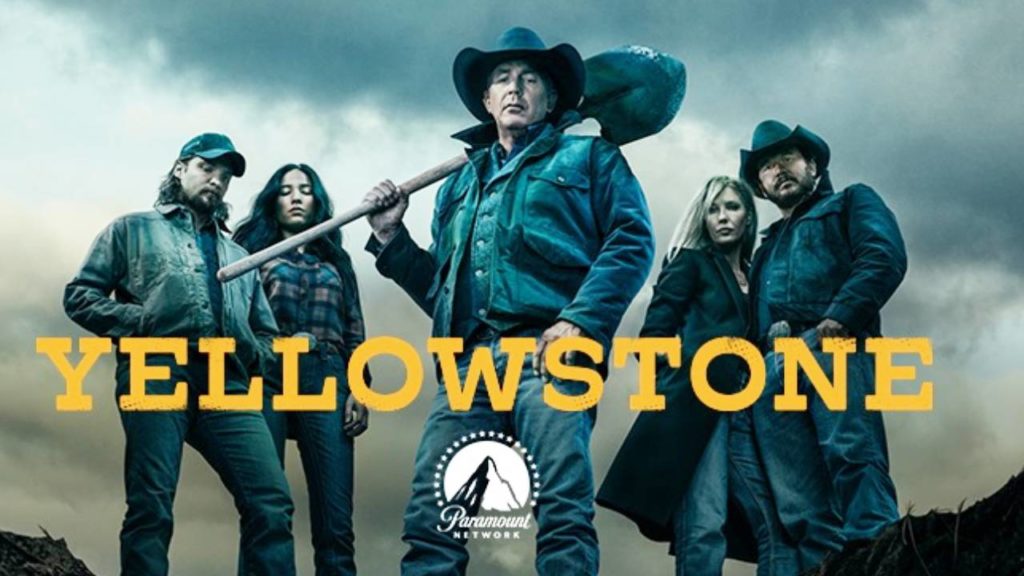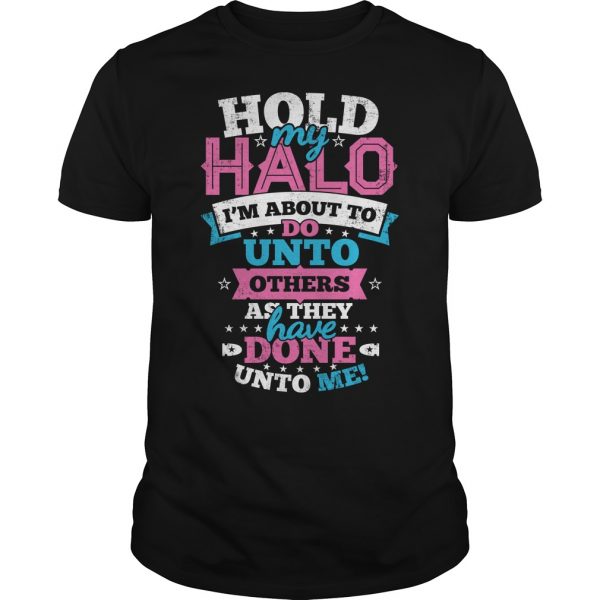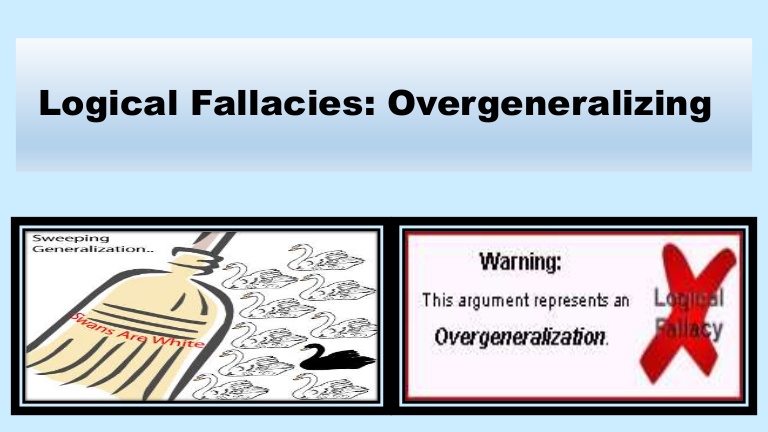
Yellowstone: One of our sons told me I would enjoy Yellowstone, the television series. I did not watch it until recently.
Our son was correct – Yellowstone is addictive.
I was slow to begin watching it, because the series is difficult to get into midstream and I have enough television addictions already. But with COVID keeping us hunkered down and all of my shows in reruns, I decided to go to the beginning and see if I would enjoy the show. I do and so now I find myself in the middle of all kinds of plots of evil and intrigue. I shudder to think what my son saw in the series that led him to believe his dad would love it.
I refuse to binge watch, but I am gaining an appreciation for how that phenomenon occurs. We started in Year 1 and watch no more than one episode a day.

The Tarnished Golden Rule One recent episode had a scene that brings to mind my fear for our current social/political situation. The series is a contemporary setting in Montana. One of the many plots is a struggle for land and power between ranchers and a First Nation tribe.
In the scene a tribal council meeting was held to discuss building a new casino and the subsequent takeover of rancher’s property. The interaction that caught my ear was between a young member of the council and the scheming slick sophisticated tribal chief.
The young man was upset with the manipulative, mistreatment of the ranchers. In paraphrase, he said –you want is to mistreat them in the way they mistreated us. Essentially, the tribal leader responded – yes, like we should have for years.
In other words — Do unto others as they have done unto us.
Oppressed people have choices about how to seek to gain power. They can do unto others as was done to them. They can use violence. As they gain power, they have choices to misuse power for personal gain and satisfaction or to use power for the benefit of all humans. In other words, as human beings, oppressed people have the same choices as all humans.
My nightmare is — when the oppressed choose to misuse power it will be met by oppressors who misuse power. There will be conflict between both forces.
My dream is both people with power and people with less power will unite to look for positive ways to use the power they have for the good for all, rather than to misuse power in attempts for personal gain. Pipe dream maybe — but still my dream.
I continue to believe WE is a necessary part of a good answer. Us vs them power struggles lead to conflict. Whether it be BLM vs Police, ANTIFI vs Proud boys, Bloods vs. Crips, Mau-Mau vs. Tutsi, Sunni vs. Shiite or nation against nation, power conflicts lead to death and destruction. Conflict is not love, or joy or peace.
Unless good people with more power work with good people with less power to open doors to opportunity, violence will clash with violence. Sometime this means the oppressed rise and sometimes the oppressed fall. In either case, violent conflict leads to great losses on both sides.

Power for Good: A critical point for me is centered in my faith walk — having more power creates more opportunities for doing good. My faith makes it clear to me — to those who much is given, much is expected.
For our morning devotional we read The Upper Room. Today’s writer made an interesting point: “The excess that we have is someone’s portion placed in our hands by God. Let us give it willing.” What an interesting thought.
The writer is from Nigeria. Imagine how much greater is the responsibility of Americans to give willing.
People of faith need to open doors not shut them out of fear. People with many resources need to be generous to those in need.

Overgeneralizing: In previous blogs I have discussed an excellent article on AL.com in which many logical errors we frequently observe in politics are described. The same errors occur in discourse about social issues. I previously discussed ad hominem and false dichotomy. We had plenty of opportunities in political as well as social struggles to see both of those errors this week.
A third problem discussed in the article is overgeneralization, in other words stereotyping. Making an assumption and applying it to all members of a category from observations of a few members of that category.
The key word idea is ALL — whether stated or implied.
All Democrats — the Democrats
All Republicans — the Republicans
All Blacks — the Blacks
All whites — the whites
All police — the police
All protestors – the protestors
The list goes on and on.
Too many people are against stereotyping if it is about them, but quick to stereotype others. I try ( I stress try) to consistently resist overgeneralizing. I try not to say or imply all, unless I have evidence. To say some, or give a percentage, increases accuracy and reduces stereotyping.
I enjoyed hearing from many of you this week. Thank you for your thoughtful responses.
Please stay safe.
Peace
Jerry
0 Comments